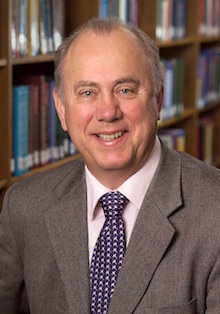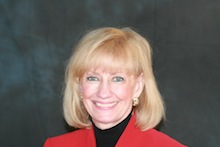By Bernard Hammes and Nancy Desmond
Ten thousand baby boomers a day are turning 65 starting this year, setting in motion an incredible demand on America’s health care system as seniors utilize Medicare like never before. As a result, the demand for assisted living facilities near Walnut Creek, CA and anywhere else in the country is expected to increase.
The average man today can expect to live to age 76, and a woman can expect to live to age 81, according to the U.S. Census Bureau. As Americans live longer, more generations will be impacted by advanced illness. A chronic illness like heart disease or cancer becomes advanced when it significantly affects our ability to care for ourselves, and the need for support and assistance increases. Hence, may seniors move to an assisted living facility like the ones from www.summerfieldroseville.com/community-life/ to get the proper care they need.
Research shows that families endure unbearable stress if an aging parent suffers from cancer or Alzheimer’s, for example, and the children disagree about treatment. Now, with tens of millions of Americans reaching age 65, we need to start having conversations with our loved ones and health care providers about the kind of care that is the right choice for them. If you decide to move them to Senior Living in Los Angeles, make sure to tour the facility first and do some research on their services.
By having conversations and creating plans, we can ensure that our loved ones will have more peace of mind. If we don’t, relationships can be strained and even destroyed as families try to guess what their loved one may truly want. When conflicts occur, everyone suffers.
Our book to be released in January, “Having Your Own Say: Getting the Right Care When It Matters Most,” shows that the model used by Gundersen Health System in La Crosse, Wis., is a good one for the nation.
At Gundersen, patients are routinely engaged and given assistance in planning for future health care decisions. These conversations can begin anywhere from the emergency room to a routine physical exam. Community outreach is done at senior centers and churches. Patients are shown the importance of having conversations beforehand and having plans in place so they will get the care they want if they become unable to speak for themselves.
There have been hyper-political debates about the role of the federal government in the doctor-patient relationship. Putting aside the debate about so-called “death panels” or arguments over the new health care law and its cuts to Medicare, the proper place for these highly personal decisions is with your family and your doctors.
Twenty-five percent of all Medicare spending occurs in the last year of life. The variation from one region of the country to another is significant, ranging from $21,111 to $81,143 in the last two years of life, without any clear benefit to individuals. According to a Dartmouth Atlas Study, the national average spent on a patient’s inpatient care during the last two years of their life is $25,860; and the average number of days they spent in the hospital is 23.6 days.
At Gundersen, the average number of days in the hospital is 13.5, and the total spent during their last two years of life is $18,359. Despite these lower costs and less use of hospital services in La Crosse, the median age at death is 80 – no different than if thousands more dollars were spent on the patient.
What this means is that it is possible to organize health care so patients and their families can make informed decisions about their future medical care and their options for assisted living homes. This is a new model that can make things better for patients and families while controlling the cost for each of us. This is a reform we all can live with.
Hammes is a medical ethicist and director of the Respecting Choices® program at Gundersen Health System in La Crosse, Wis. Desmond is the chairman and CEO of the Center for Health Transformation, founded by former House Speaker Newt Gingrich.


